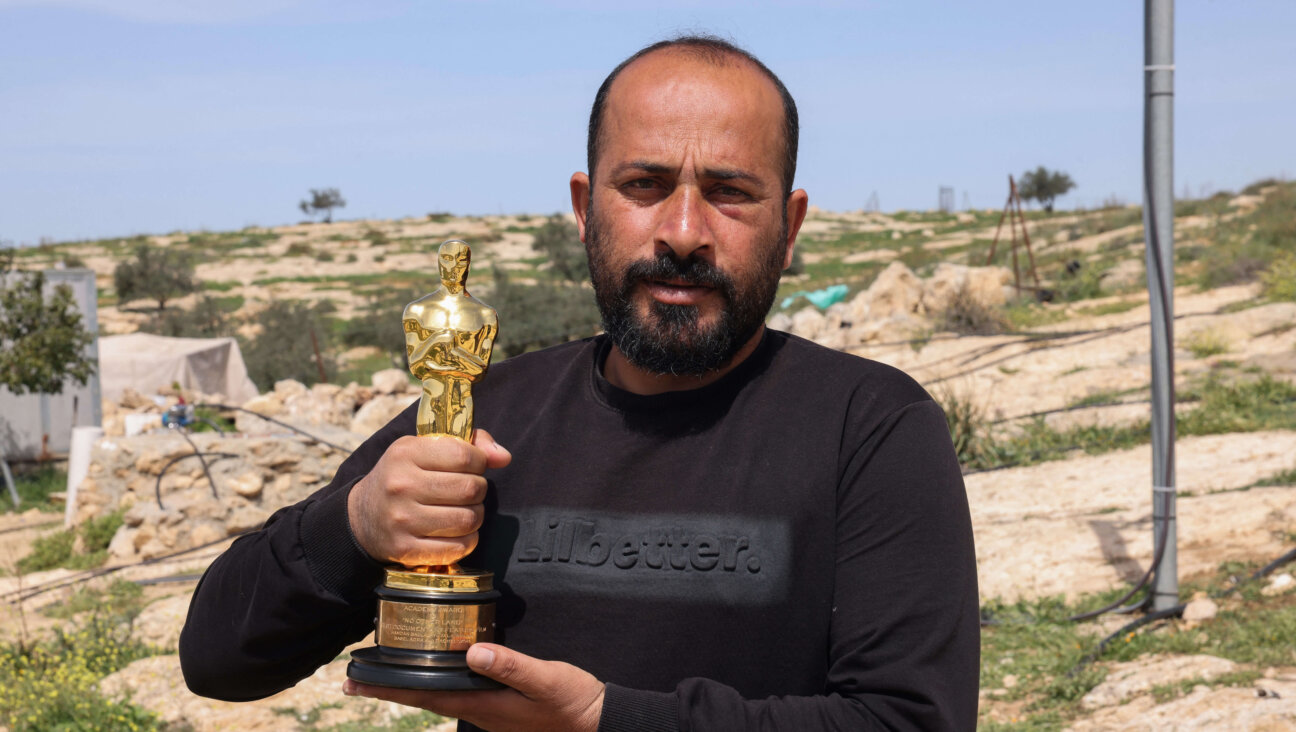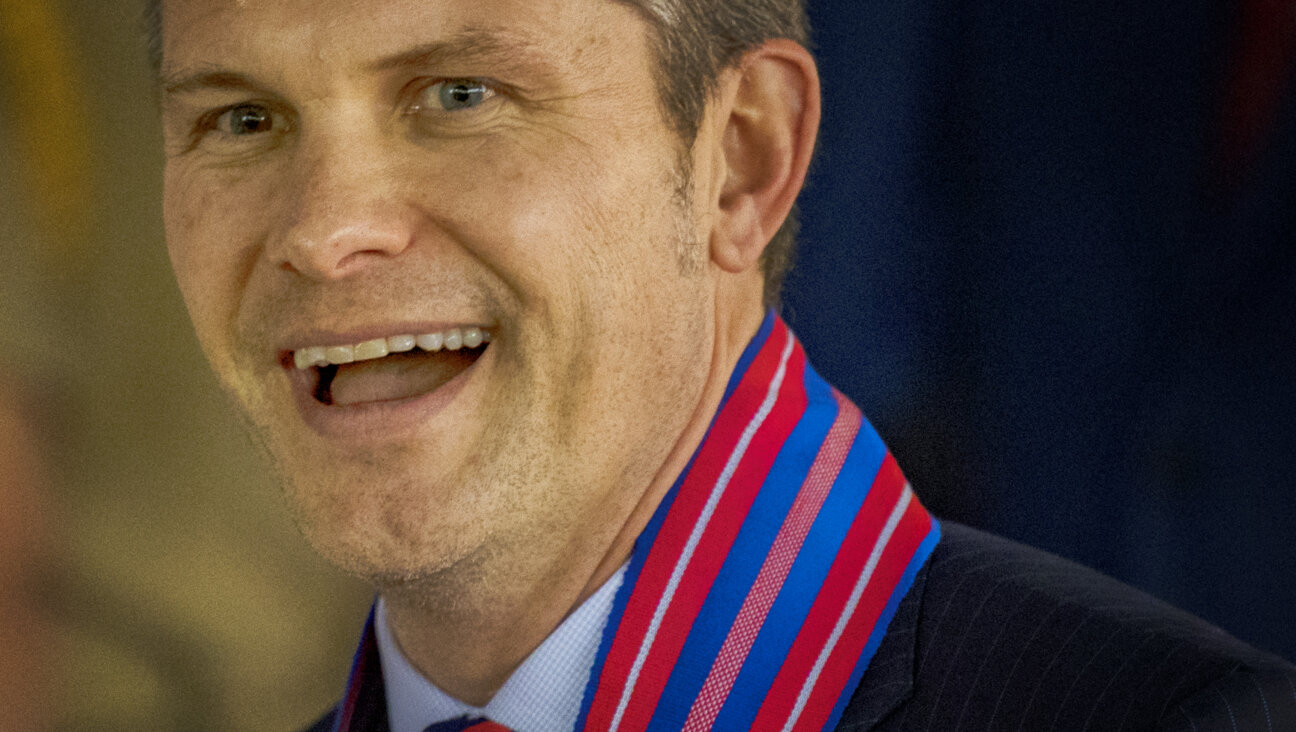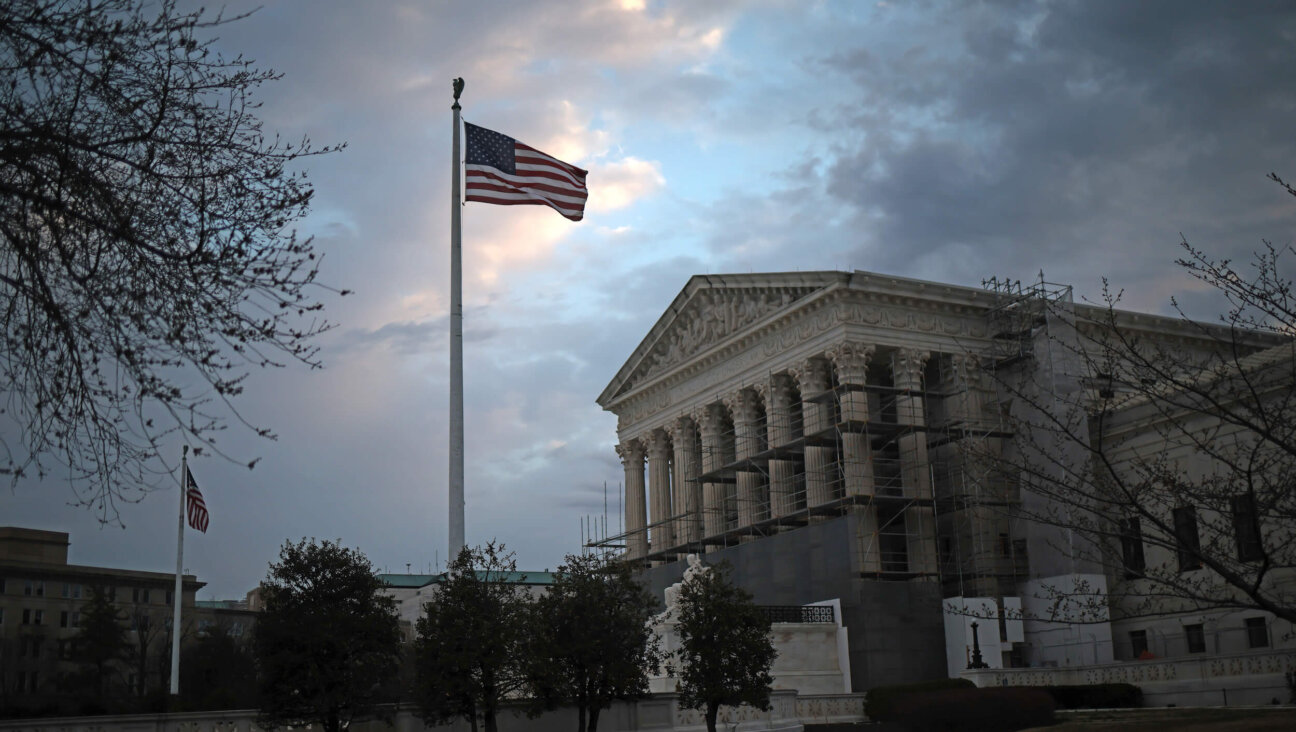Rebuilding Trans-Atlantic Ties
Call me hopelessly, irredeemably naive, but I remain convinced that Americans and Europeans are umbilically bound by common fundamental values and common existential threats, and thus, ipso facto, a common agenda.
This was not necessarily obvious in 2003, with demonstrators filling the streets of Europe to protest George W. Bush’s, and to a lesser extent Tony Blair’s, decision to go to war in Iraq. There were clashes over American steel tariffs, the U.S. dollar policy and the demand that foreign airlines place armed air marshals on some flights using U.S. airspace, just to name a few.
But these events and issues do not erase, or even erode, the common principles that bind us — democracy, the rule of law, respect for the dignity of the individual — and our need for each other in the face of global threats. Just as the survival of democratic nations was at risk during World War II and again during the cold war, today these nations are in the cross hairs of the radical Islamic terrorist network.
True, some European countries initially convinced themselves that this threat concerned America (and Israel) but not them. But as Islamist terrorist cells have been uncovered in Britain, Spain, Italy, France, Belgium, the Netherlands, Germany and elsewhere in Europe, there needs to be a recognition that we are all in this together. The targets are not merely specific countries; they are the fundamental values of democratic societies: freedom, separation of religion and state, religious tolerance, pluralism and women’s rights.
Moreover, at the risk of stating the painfully obvious, the threat from terrorist groups and their supporters operating in nearly every Western country is heightened by the prospect, the Libyan turnaround notwithstanding, of increasingly available weapons of mass destruction.
In the face of this global, long-term menace, the United States and Europe must maintain full cooperation in the gathering and sharing of intelligence and countless other fields if we are to win this daunting conflict.
We have to do a better job of coordinating policy, not only when it comes to fighting the terrorist groups themselves, but also in confronting those nations that help and harbor these groups. We cannot afford to let such nations play us off against each other, as they so often have in the past.
In the final analysis, the struggle against the radicals also entails strengthening the moderates in the Islamic world. Here again, the United States and Europe can increase the odds for success by working together.
Those of us living on both sides of the Atlantic have a profound stake in finding constructive ways to encourage greater openness in countries that by and large have been remarkably resistant to the political and economic revolutions of recent times. Otherwise, further regression is inevitable, with a still greater disparity between their world and ours, and all the attendant implications for conflict, terrorism and the spread of fundamentalism.
Imagine for a moment the catastrophic global consequences if nuclear Pakistan — a turbulent country of 150 million, with 40% of its population under the age of 15 — descended into civil war or fell into the hands of the Islamists. The unraveling of Pakistan would have staggering geopolitical, strategic and economic implications for both Europe and the United States.
The United States and Europe share an interest in extending the reach of some modicum of democracy and pluralism, especially to the Arab world, much of which is located at Europe’s doorstep. There’s room for collaboration driven by the common overall objective of stabilizing the region and increasing prospects for peaceful conflict resolution and human development.
To be sure, there inevitably will be serious differences between Europe and the United States that are rooted in political rivalry, economic competition or divergent assessments. But in a broader framework, these differences, given good will, should be quite manageable and must in any case never be permitted to overshadow the commonalities. Frankly, too much hangs in the balance when it comes to global security issues.
A powerful European Union of 15 nations, soon to be 25, cannot easily be ignored or dismissed, even when Americans don’t like what they see, no more than Europe can ever afford to ignore or dismiss the United States. Each side must engage the other with skill, sophistication and sensitivity, with ever more points of contact established.
One such contact point will be the Transatlantic Institute, the latest diplomatic initiative of the American Jewish Committee, which opens this week in Brussels. Today, surprisingly, there are not nearly as many nongovernmental organizations devoted specifically to the trans-Atlantic relationship as one might think. Thus, the Transatlantic Institute will seek to make a difference in rebuilding and strengthening ties between Europe and the United States, guided by the belief that dialogue and cooperation on the core issues confronting democratic nations are essential for the world’s future.
David A. Harris is executive director of the American Jewish Committee.
The Forward is free to read, but it isn’t free to produce

I hope you appreciated this article. Before you go, I’d like to ask you to please support the Forward.
At a time when other newsrooms are closing or cutting back, the Forward has removed its paywall and invested additional resources to report on the ground from Israel and around the U.S. on the impact of the war, rising antisemitism and polarized discourse.
Readers like you make it all possible. We’ve started our Passover Fundraising Drive, and we need 1,800 readers like you to step up to support the Forward by April 21. Members of the Forward board are even matching the first 1,000 gifts, up to $70,000.
This is a great time to support independent Jewish journalism, because every dollar goes twice as far.
— Rachel Fishman Feddersen, Publisher and CEO
2X match on all Passover gifts!
Most Popular
- 1

Film & TV What Gal Gadot has said about the Israeli-Palestinian conflict
- 2

News A Jewish Republican and Muslim Democrat are suddenly in a tight race for a special seat in Congress
- 3

Culture How two Jewish names — Kohen and Mira — are dividing red and blue states
- 4
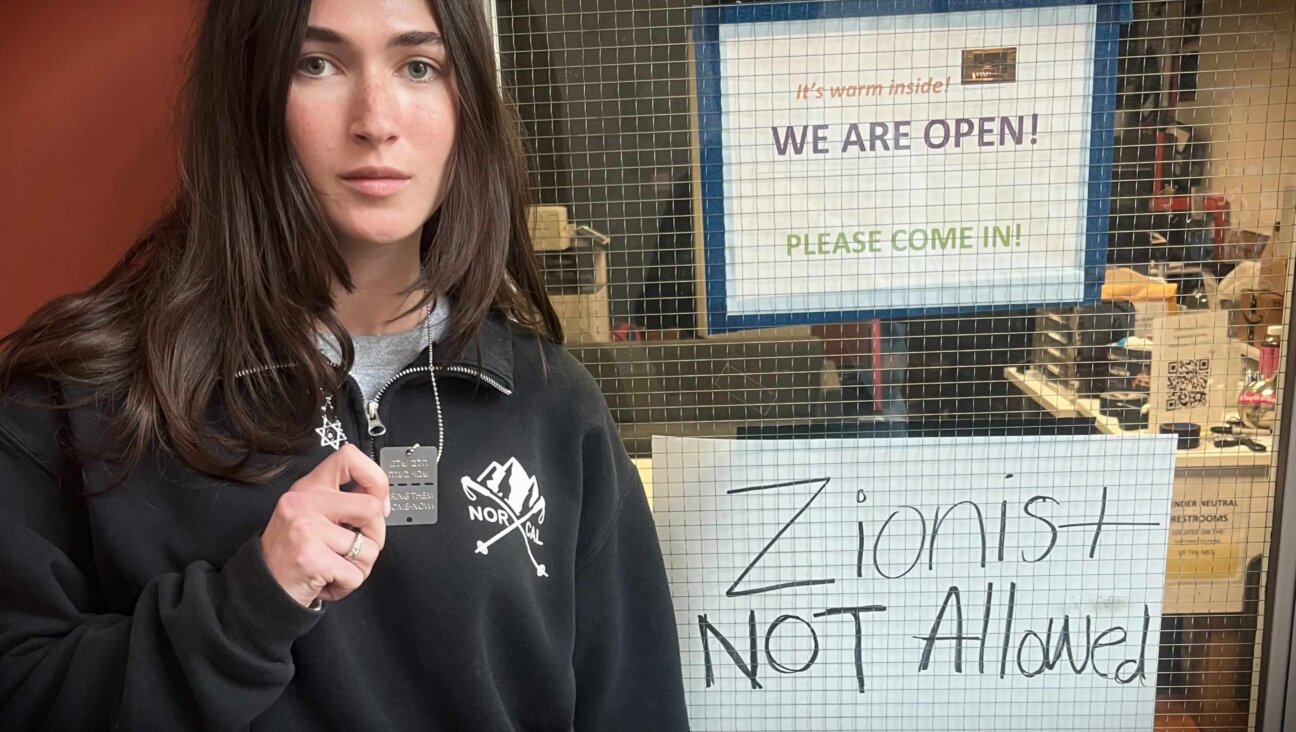
Opinion Is this new documentary giving voice to American Jewish anguish — or simply stoking fear?
In Case You Missed It
-
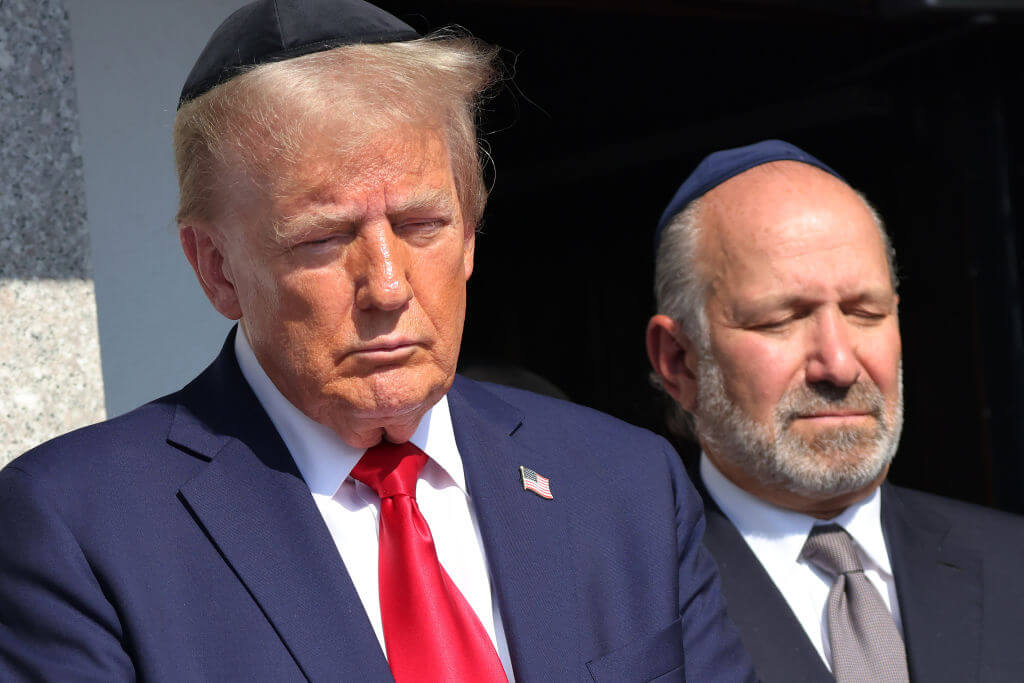
Fast Forward Trump’s plan to enlist Elon Musk began at Lubavitcher Rebbe’s grave
-
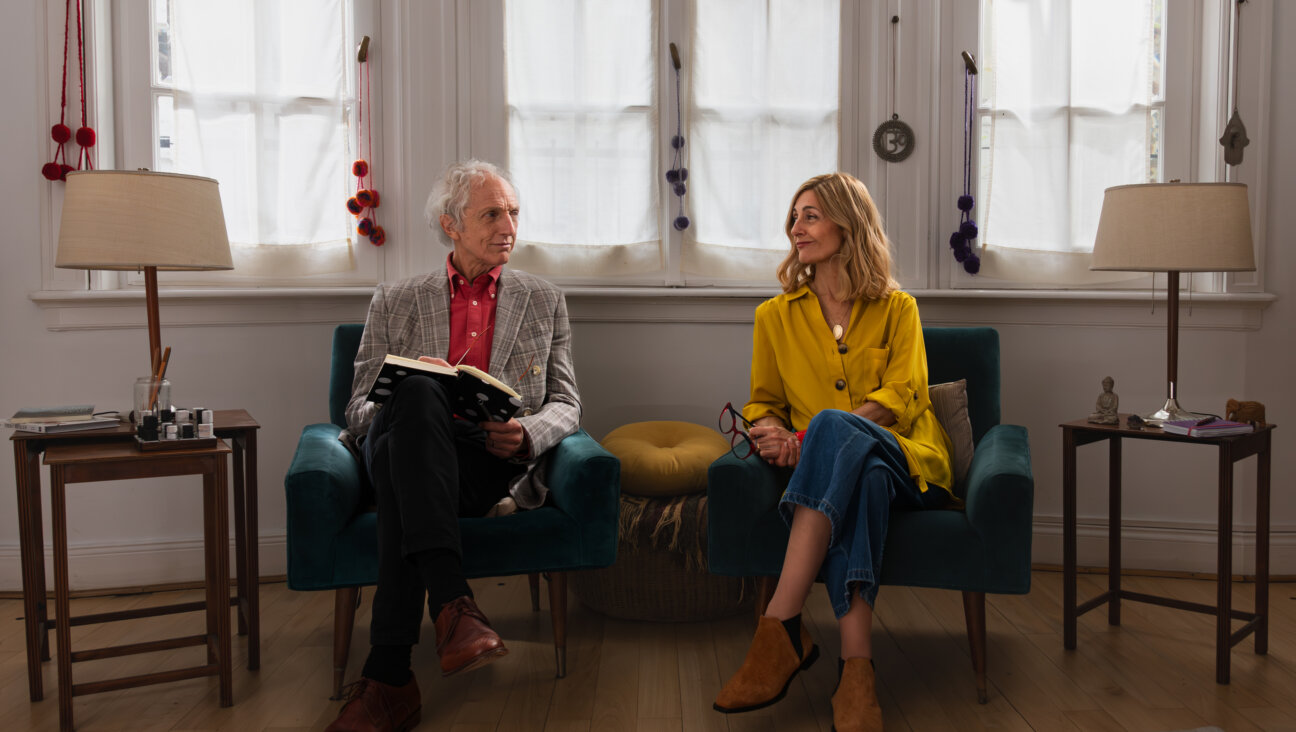
Film & TV In this Jewish family, everybody needs therapy — especially the therapists themselves
-
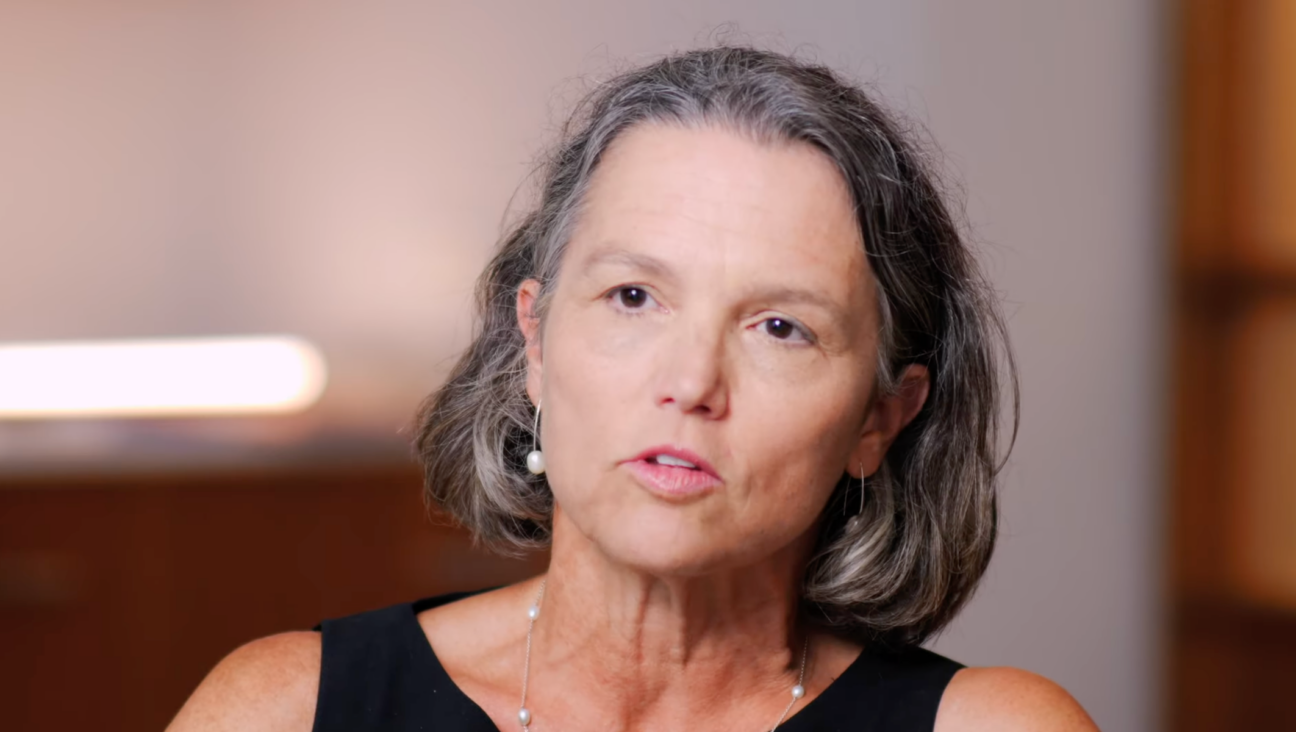
Fast Forward Katrina Armstrong steps down as Columbia president after White House pressure over antisemitism
-
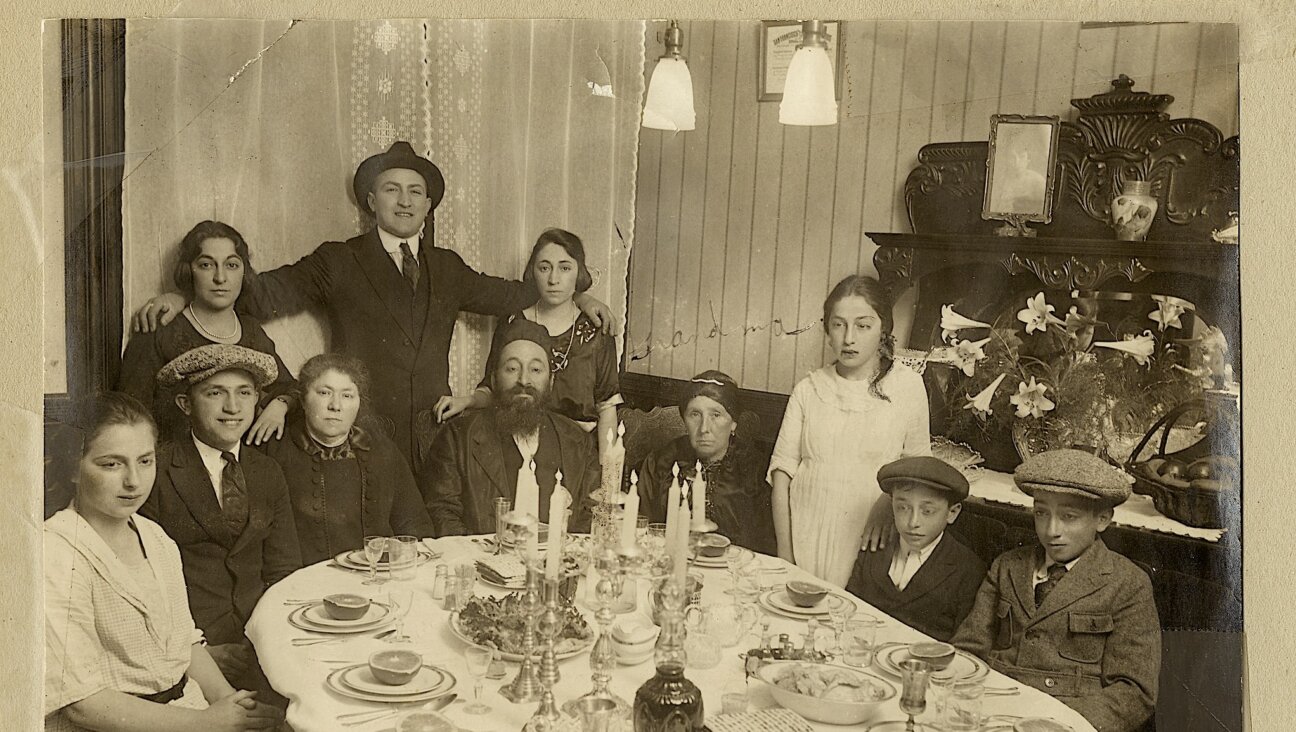
Yiddish אַ בליק צוריק אויף די פֿאָרווערטס־רעקלאַמעס פֿאַר פּסח A look back at the Forward ads for Passover products
קאָקאַ־קאָלאַ“, „מאַקסוועל האַוז“ און אַנדערע גרויסע פֿירמעס האָבן דעמאָלט רעקלאַמירט אינעם פֿאָרווערטס
-
Shop the Forward Store
100% of profits support our journalism
Republish This Story
Please read before republishing
We’re happy to make this story available to republish for free, unless it originated with JTA, Haaretz or another publication (as indicated on the article) and as long as you follow our guidelines.
You must comply with the following:
- Credit the Forward
- Retain our pixel
- Preserve our canonical link in Google search
- Add a noindex tag in Google search
See our full guidelines for more information, and this guide for detail about canonical URLs.
To republish, copy the HTML by clicking on the yellow button to the right; it includes our tracking pixel, all paragraph styles and hyperlinks, the author byline and credit to the Forward. It does not include images; to avoid copyright violations, you must add them manually, following our guidelines. Please email us at [email protected], subject line “republish,” with any questions or to let us know what stories you’re picking up.








